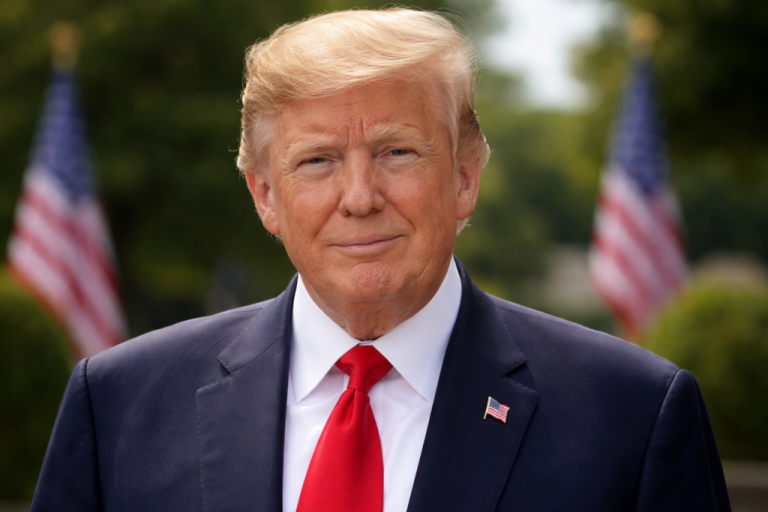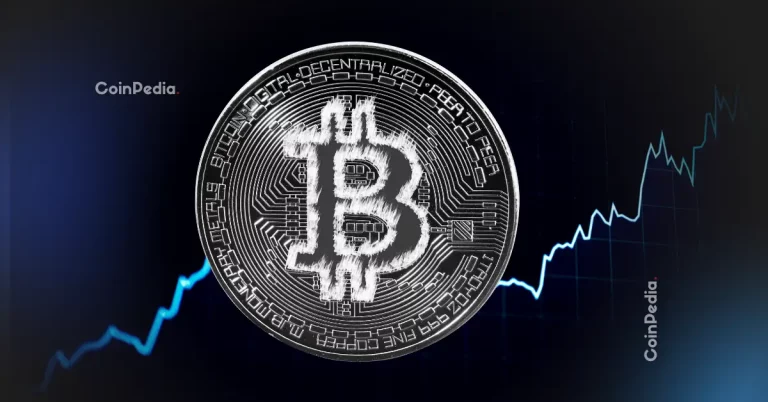
“`html
Introduction

The Road to 2025: How Bitcoin is Shaping the Global Economy. As Bitcoin continues to gain traction, its influence on the global economy is becoming increasingly evident. This article delves into the multifaceted ways Bitcoin is impacting financial systems, international trade, and consumer behavior.
The Rise of Bitcoin

Bitcoin emerged in 2009 as the first decentralized cryptocurrency, and since then, its adoption has surged. With increasing acceptance by businesses and individuals, Bitcoin is reshaping traditional financial landscapes. For a deeper understanding of the evolution of digital currencies, check out this post.
Impact on Financial Systems

One of the most significant effects of Bitcoin on the global economy is its potential to disrupt traditional financial systems. By enabling peer-to-peer transactions without intermediaries, Bitcoin reduces transaction costs and increases efficiency. This shift is reminiscent of the evolution of e-commerce.
Bitcoin and International Trade

Bitcoin’s borderless nature facilitates international trade, allowing businesses to transact globally with ease. This section examines how Bitcoin is streamlining cross-border payments and reducing reliance on traditional banking systems.
Consumer Behavior and Bitcoin Adoption

As Bitcoin becomes more mainstream, consumer behavior is shifting. This section explores how consumers are embracing cryptocurrency for everyday transactions and investments, contributing to its growing acceptance.
Regulatory Landscape

With the rise of Bitcoin, governments worldwide are grappling with how to regulate cryptocurrency. This section analyzes the evolving regulatory landscape and its implications for Bitcoin’s future.
The Future of Bitcoin and the Global Economy

Looking ahead to 2025, Bitcoin’s role in the global economy will likely continue to expand. This section discusses potential trends and the future of Bitcoin as a digital asset.
Conclusion

In conclusion, Bitcoin is on a path to significantly influence the global economy by 2025. Its ability to disrupt traditional financial systems, facilitate international trade, and alter consumer behavior makes it a pivotal player in the future of finance.
“`





